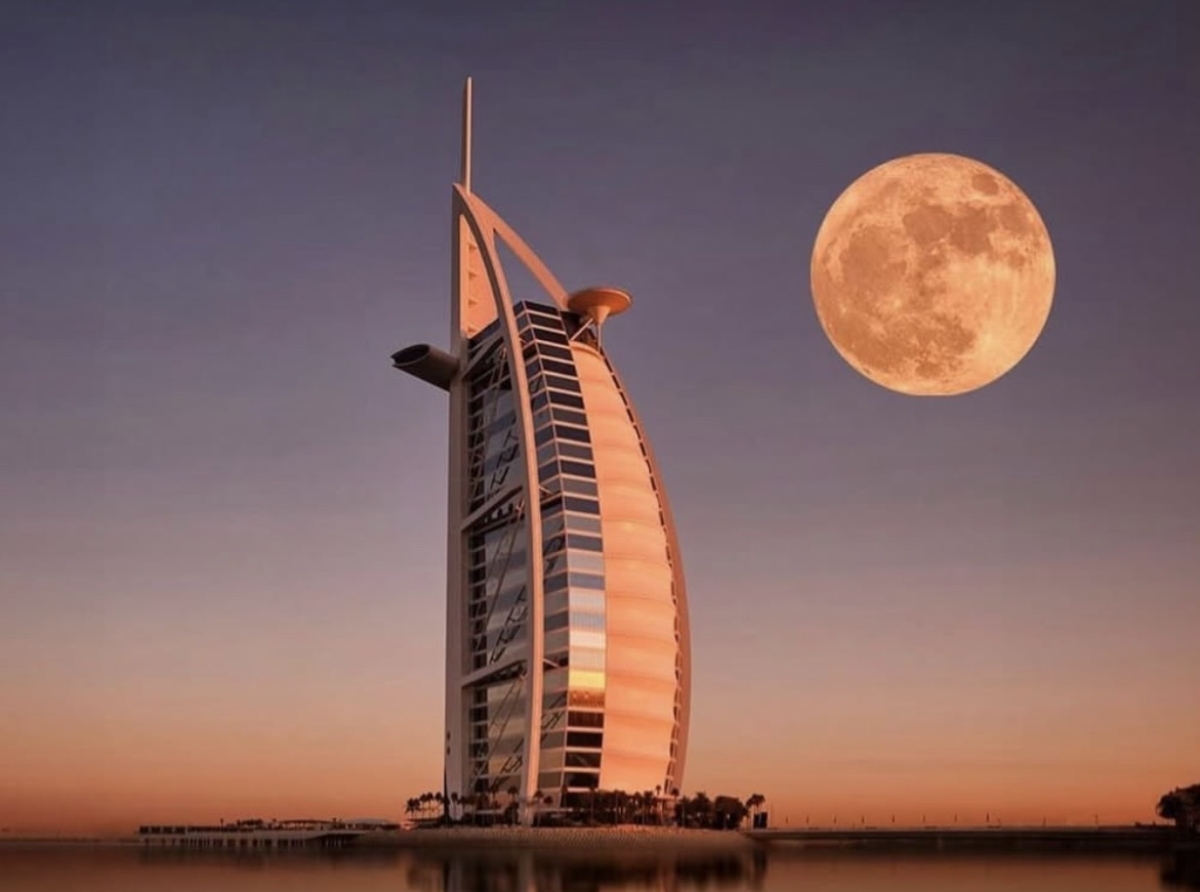Dubai’s Quiet Influence on the Modern Athlete
In the global economy of sport, attention often follows medals and score...
Feb 04, 2026

In 2025, Dubai continues to shine as a global beacon of safety, securing its place among the world’s safest cities with a crime index of just 16.5, according to Numbeo’s 2025 Safety Index. Ranking third globally with a safety score of 83.8, behind only Abu Dhabi (88.4) and Doha (84.1), the emirate’s low crime rates and robust security infrastructure have solidified its reputation as a haven for residents and visitors alike. This achievement has fueled Dubai’s tourism boom, with 18.7 million international visitors in 2024—a 9% increase from the previous year—and projections for 2025 estimating 20 million, driven by the emirate’s reputation for security. Yet, beneath this gleaming success lies a shadow: the UAE’s 145th ranking out of 180 countries in the 2025 World Press Freedom Index, a persistent critique that raises questions about the balance between safety and openness in this desert metropolis.
Dubai’s safety is no accident. The emirate employs cutting-edge technology, including AI-powered cameras, facial recognition, and predictive crime modeling, to maintain order across its bustling streets, from the glittering skyscrapers of Downtown Dubai to the sprawling souks of Deira. Numbeo data highlights Dubai’s remarkably low rates of violent crime (11.89), property theft (16.32), and concerns about physical attacks due to ethnicity or religion (13.65), all classified as “very low.” Strict legal frameworks, with severe penalties for offenses ranging from drug use to public misconduct, act as a powerful deterrent, while a visible police presence and extensive surveillance ensure swift responses to any disruptions. This environment allows tourists to roam freely, day or night, whether strolling along Jumeirah Beach or navigating the crowded Dubai Mall, fostering a sense of security that few global cities can match.
The impact on tourism is undeniable. Dubai’s Department of Economy and Tourism reported 5.31 million visitors in the first quarter of 2025, with Western Europe (22%) and South Asia (14%) leading the influx. The emirate’s safety ranking enhances its appeal as a destination for families, solo travelers, and business visitors, who flock to iconic attractions like the Burj Khalifa, Dubai Marina, and the newly expanded Deep Dive Dubai. The city’s real estate market also benefits, with high safety scores driving demand in freehold zones like Business Bay and Dubai Marina, where properties yield 6-8% annual returns and qualify investors for the UAE’s 10-year Golden Visa. Dubai’s airports, handling 92 million passengers in 2024, further underscore its role as a global hub, with safety as a cornerstone of its appeal.
However, Dubai’s glittering image is not without flaws. The UAE’s 145th ranking in the 2025 World Press Freedom Index, published by Reporters Without Borders, reflects significant restrictions on media and freedom of expression. Critics argue that the emirate’s stringent laws, while effective in curbing crime, extend to limiting dissent and independent journalism, creating a tightly controlled information environment. This has sparked international debate about whether Dubai’s safety comes at the cost of openness, a tension that contrasts with its cosmopolitan image. For tourists, this may have little immediate impact—most prioritize security over press freedom—but for expatriates and investors, it raises questions about long-term transparency and governance.
As Dubai looks to 2025, its safety ranking remains a powerful draw, underpinning its ambition to be the world’s leading tourism and investment destination. The emirate’s ability to blend cutting-edge security with cultural and economic vibrancy is unmatched, yet the press freedom critique serves as a reminder that even the safest cities must navigate complex trade-offs. For now, as millions marvel at Dubai’s skyline or dive into its underwater wonders, the city’s promise of security continues to propel its global ascent, even as it grapples with the shadows of its own success.
Photo credits: Dubai Instagram.
Disclosure: Dubai Voice enhances the editing process with the help of carefully selected AI tools. These tools provide valuable support without taking over the editing process completely, ensuring that the final product is the result of human creativity and expertise augmented by the benefits of enhanced technology. This article is protected under the copyright of Dubai Voice. Unauthorized reprinting, republishing, or rewriting of this content is strictly prohibited without explicit permission from Dubai Voice. Quotations from this material are permissible provided that a direct link to the full article on Dubai Voice is included.